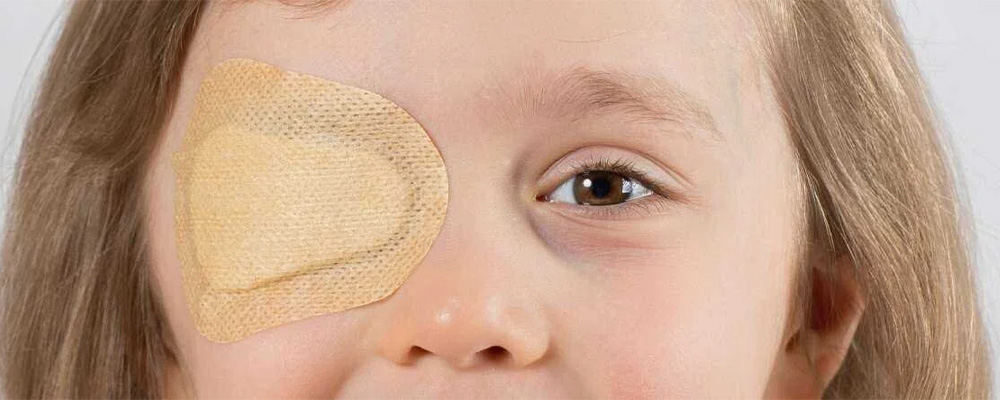
What is Lazy Eye?
Lazy eye is known as “amblyopia” in the medical literature and is an eye problem that usually develops during childhood. Amblyopia refers to the condition in which one eye is weaker or unused than the other eye. This condition reflects a condition in which the visual system does not develop or function normally.
The main causes of lazy eye may be:
- Refraction Errors (Refraction Errors): If one eye has a different visual power than the other, amblyopia may develop. This may include refractive errors such as myopia (farsightedness), hyperopia (nearsightedness), astigmatism.
- Strabismus (Strabismus): If the eyes do not meet normally, amblyopia may occur. Strabismus is a condition in which both eyes have trouble focusing on the same point.
- Blurred Vision or Vision Loss: Severe vision loss or blurriness in one eye can cause the other eye to become more dominant, thus causing the other eye to become lazy.
Treatment may usually include the following methods:
- Use of Glasses or Contact Lenses: If amblyopia occurs due to a refractive error, vision is tried to be corrected by using appropriate glasses or contact lenses.
- Strabismus Treatment: If strabismus causes amblyopia, strabismus treatment can be applied to correct this condition. This treatment is generally aimed at strengthening the eye muscles.
- Occus (Eye Closing) Treatment: To improve the vision ability of the eye with amblyopia, the use of the other eye can be encouraged by closing the stronger eye.
- Laser Treatment or Surgery: In some cases, especially in cases requiring surgical intervention such as strabismus, laser treatment or surgical correction can be applied in the treatment of amblyopia.
Treatment may be different for each patient and should be determined through an evaluation by an ophthalmologist. Diagnosis and treatment at an early age can help correct amblyopia more effectively.
Create an Appointment Online
